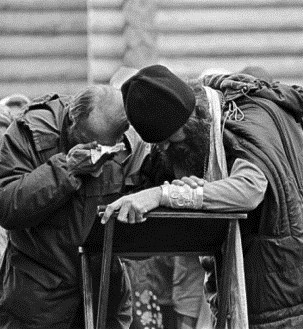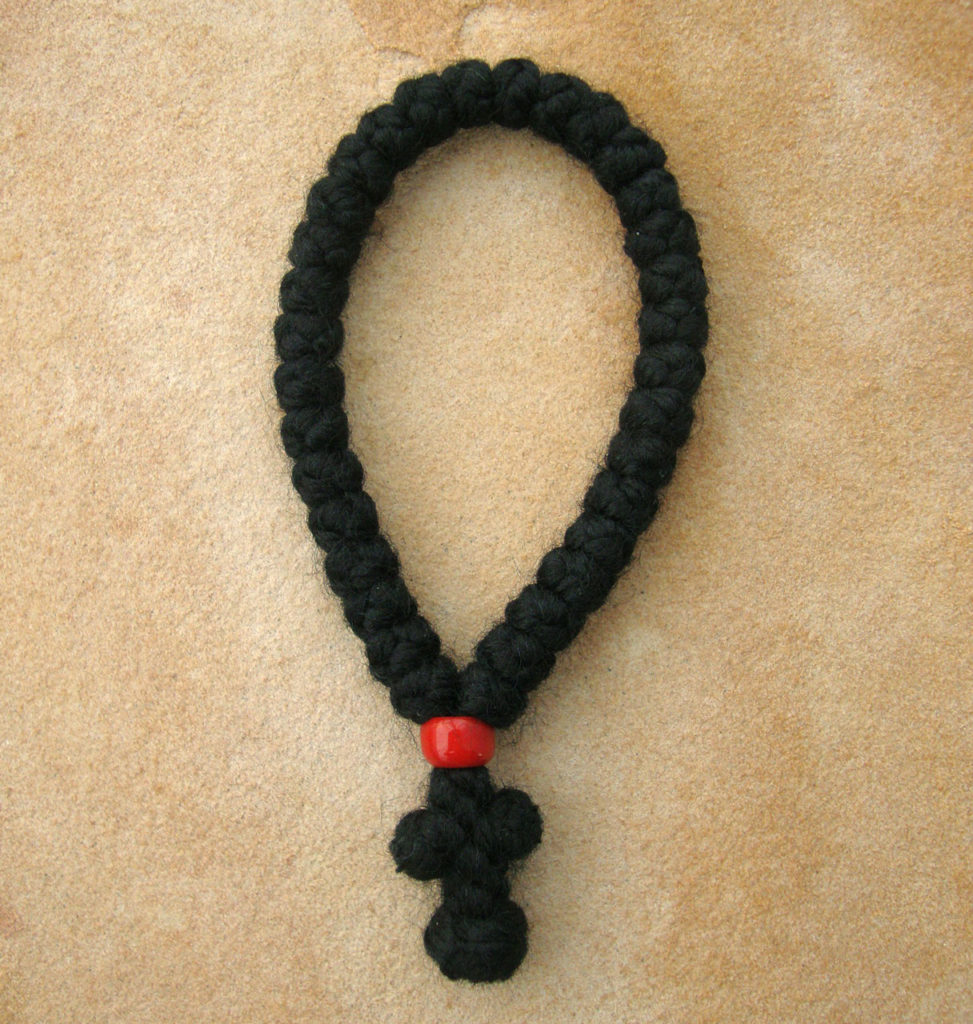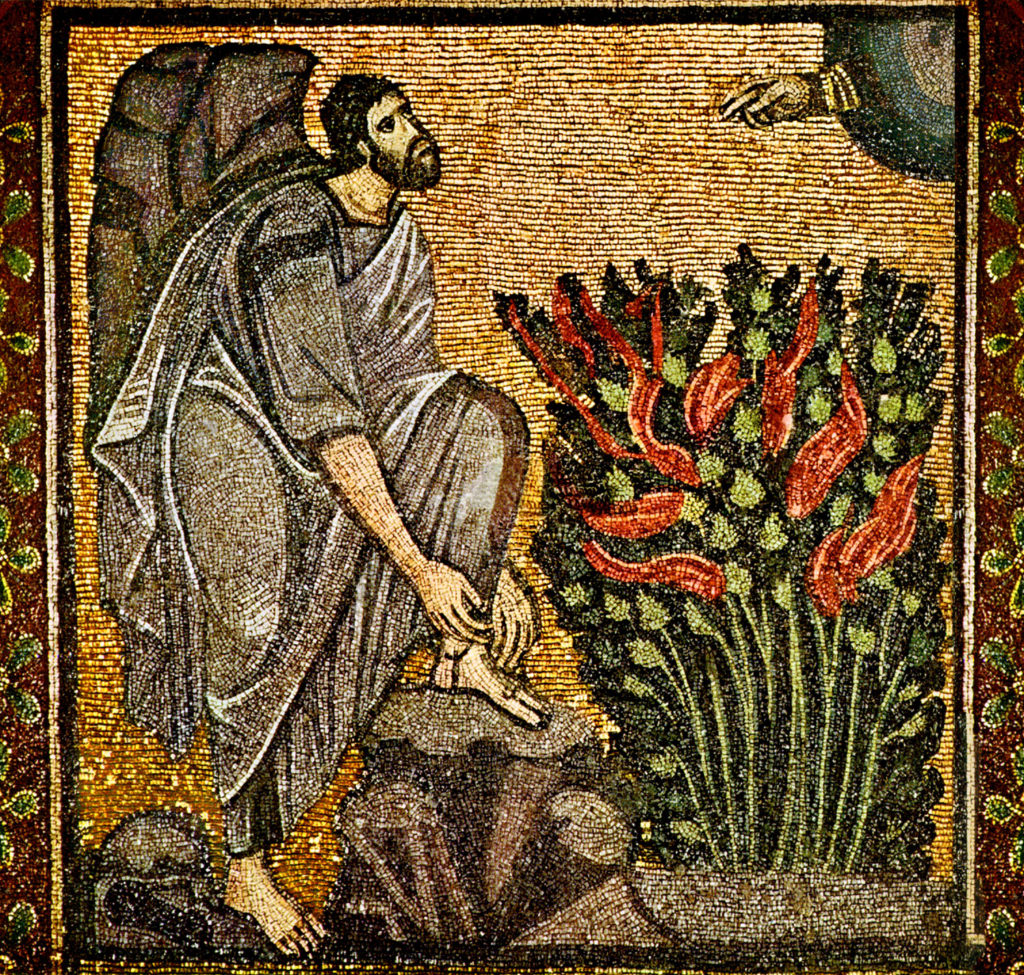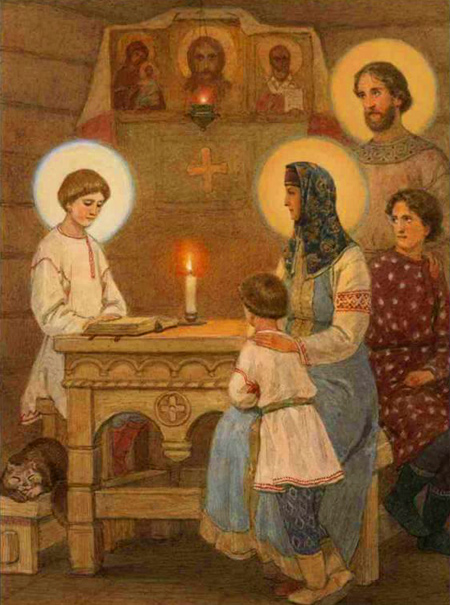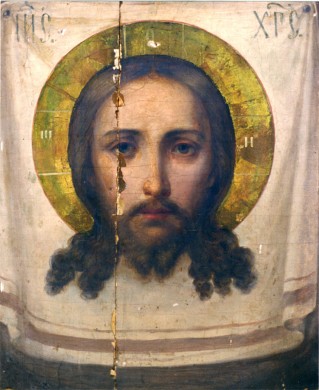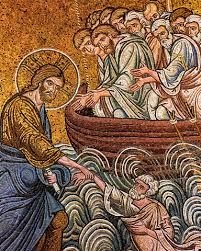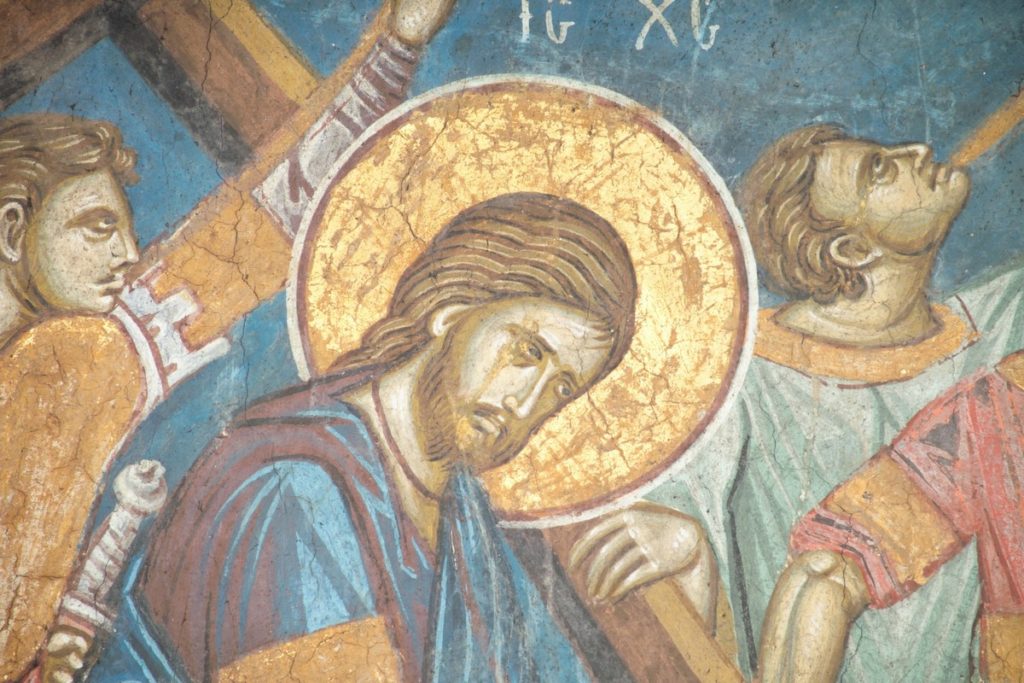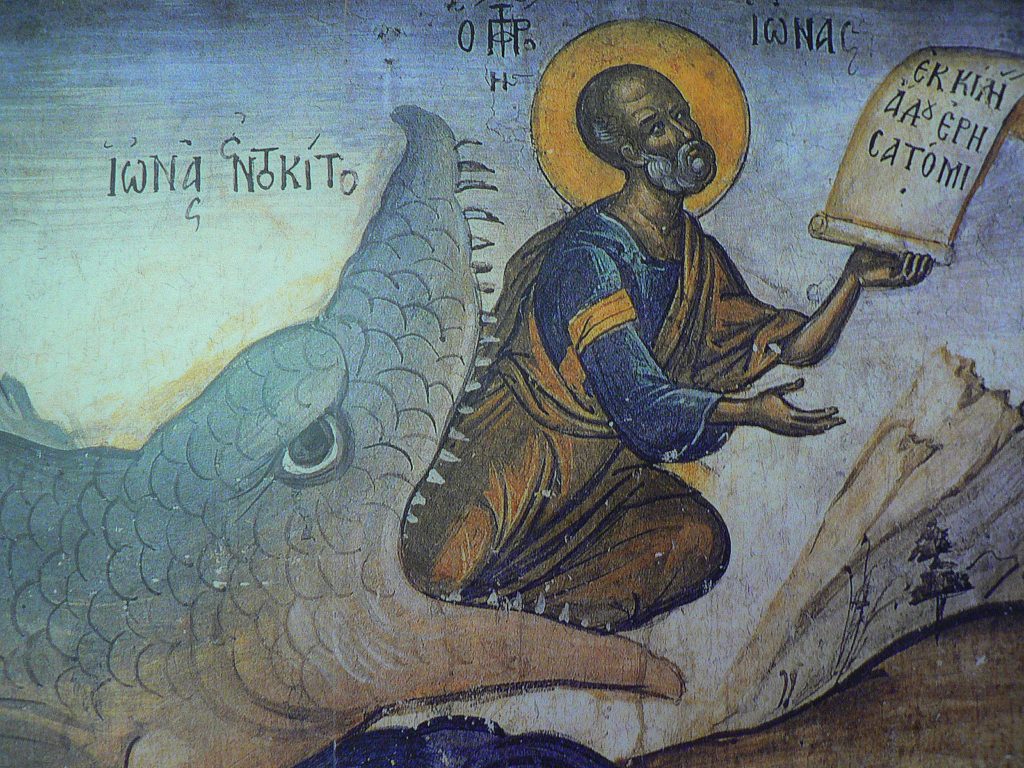Wednesday of the Eleventh Week of Matthew
You can listen to an audio podcast of this post at https://www.spreaker.com/user/youngfaithradio/matt11wed
In the Gospel today, the Lord announces to the unbelieving Jews that God rejects them, because of their unbelief and hardness of heart despite all of His mercies to them:
The Lord said, Woe unto you, scribes and Pharisees, hypocrites! because ye build the tombs of the prophets, and garnish the sepulchres of the righteous, And say, If we had been in the days of our fathers, we would not have been partakers with them in the blood of the prophets. Wherefore ye be witnesses unto yourselves, that ye are the children of them which killed the prophets. Fill ye up then the measure of your fathers. Ye serpents, ye generation of vipers, how can ye escape the damnation of hell? Wherefore, behold, I send unto you prophets, and wise men, and scribes: and some of them ye shall kill and crucify; and some of them shall ye scourge in your synagogues, and persecute them from city to city: That upon you may come all the righteous blood shed upon the earth, from the blood of righteous Abel unto the blood of Zacharias son of Barachias, whom ye slew between the temple and the altar. Verily I say unto you, All these things shall come upon this generation. O Jerusalem, Jerusalem, thou that killest the prophets, and stonest them which are sent unto thee, how often would I have gathered thy children together, even as a hen gathereth her chickens under her wings, and ye would not! Behold, your house is left unto you desolate. For I say unto you, Ye shall not see me henceforth, till ye shall say, Blessed is he that cometh in the name of the Lord. – Matthew 23: 29-39
St. Theophan the Recluse applies this example to our spiritual life: God gives us numerous opportunities to repent and form a firm intention to please Him, but at some point, unknown to us, there can be a final turning away from Him and the loss of His grace, if we stubbornly refuse His call:
How many mercies the Lord revealed to Jerusalem (that is, to the Jews)! And, in the end, He was still forced to say, “Behold, your house is left unto you desolate.” It is well known to all what the consequences of this were: the Jews are homeless to this day. [This was written in the 1880’s, long before the 1948 establishment of the State of Israel.] Does not a similar thing occur with the soul? The Lord cares for the soul and teaches it in every way. An obedient soul traverses the path indicated, but a disobedient soul remains in opposition to God’s calling. However, the Lord does not abandon even this soul, and uses every means to bring it to reason. If stubbornness increases, God’s influence increases. But there is a limit to everything. A soul becomes hardened, and the Lord, seeing that there is nothing more that can be done with this soul, abandons it to its fall, and it perishes like Pharaoh. Let anyone who is beset by passions learn from this the lesson that he cannot continue indulging himself indefinitely without punishment. Is it not time to abandon those passions – not just to deny oneself occasionally, but to decisively turn away? Indeed, no one can say when he will overstep the limit. Perhaps God’s long-suffering is just about to end. – Thoughts for Each Day of the Year, pp. 170-171
Sobering words! Some may object, however: “God’s mercy is without limits! One can repent until death!” Of course it is absolutely true that God’s mercy is without limits, and, if a man come to his senses, and be in this life still, he can certainly repent. But note the condition: “…if a man come to his senses.” What St. Theophan is pointing out is that at some point before death a man may make a final turning away from God and never come back to his senses. God, for Whom there is no present, past, or future, and Who knows all things, withdraws His grace from such a person, knowing that he will never repent. This is what it means in Exodus when it says, “The Lord hardened Pharaoh’s heart.”
We must, then, keep careful watch over the life of the soul and not take God’s long-suffering for granted. Criminal psychologists note that it is a mark of sociopaths that they have no gratitude whatsoever for the many times that others have forgiven their crimes, and they have no remorse. We can be sociopaths in regard to God, taking His mercy for granted and becoming hardened in heart.
Why does this occur? Of course, there is the obvious explanation, that we cherish our sins and passions and do not want to give them up. But there is also another reason, that God is not real to us. Even if we feel helpless to fight our sins, even if we feel what is, humanly speaking, an irresistible attraction to them, yet if we had a lively faith in God, and deeply desired to please Him while feeling at the same time that all of our hope is in Him and that without Him we can do nothing – then He would show His might and come to save us. Our enemies would vanish very quickly. But lively faith and the desire to please God arise from a living sense of His presence, that He is right here, close to us, that indeed He is closer to us than we are to ourselves.
How do we obtain this lively sense of His presence? We must go to Christ, our Incarnate God, a man like us in all things but sin, and pour out our hearts before Him. We must approach the mercy seat, His Cross, and throw ourselves entirely on His mercy. We must approach Him, cling to Him, and not let go until our hearts are softened, and we are set again on the path to salvation.
In his last testament to his spiritual children, the Elder Gabriel of Seven Lakes Monastery (+1915), gave very straightforward advice to those in spiritual trouble. What is remarkable is how simple are the actions that he recommends and yet what transcendent benefits he promises if one does them. I would like to reproduce this Testament in full, and I pray that those who read it will take it to heart. It is taken from pp. 234-235 of a book we should all read: The Love of God – the Life and Teachings of St. Gabriel of the Seven Lakes Monastery (St. Herman Press, 2016):
Elder Gabriel’s Testament to His Spiritual Children
Soon, perhaps, I will die. I leave you an inheritance of great and inexhaustible riches. There is enough for everyone, only they must make profitable use of it and not doubt. Whoever is wise enough to make use of this inheritance will live without want.
One: When someone feels that he is a sinner, and can find no way out, let him shut himself alone in his cell and read the Canon and Akathist to Sweetest Jesus Christ, and his tears will be a comforting remedy for him.
Two: When someone finds himself amidst misfortunes of any kind, let him read the Supplicatory Canon to the Mother of God (“Distressed by many temptations…”), and all his misfortunes will pass without a trace, to the shame of those who assailed him.
Three: When someone needs inner illumination of soul, let him read the Seventeenth Kathisma [i.e., Psalm 118] with attention, and his inner eyes will be opened. The need to bring what is written in it to realization will follow. The need to cleanse the conscience more frequently in Confession and to communicate of the Holy Mysteries of the Body and Blood of Christ will arise. The virtue of compassion for others will be manifest, so that we will not scorn them but rather suffer for them and pray for them. Then, the inward fear of God will appear, in which the accomplishments of the Savior will be revealed to the inner eye of the soul – how He suffered for us and loved us. Grace-filled love for Him will appear with the power of the Holy Spirit, Who instructs us in every ascetic labor, teaching us how to accomplish them and endure. In our patience, we will perceive and sense in ourselves the coming of the Kingdom of God in His power, and we will reign together with the Lord and become holy.
This world will not appear to us the way it is depicted to us now. However, we will not judge it, since Jesus Christ will judge it. But we will see the falsehood of the world and the sin that is in it. We will see righteousness too, but only in the Savior, and we will partake of it in Him alone.
Falsehood! We see it and yet we do not. False is this world with all its quickly passing deceptions, for all will pass away, never to return. But Christ’s truth shall endure unto the ages of ages. Amen.
– Schema-archimandrite Gabriel
By the prayers of our holy fathers, O Lord Jesus Christ our God, have mercy on us and save us. Amen.

